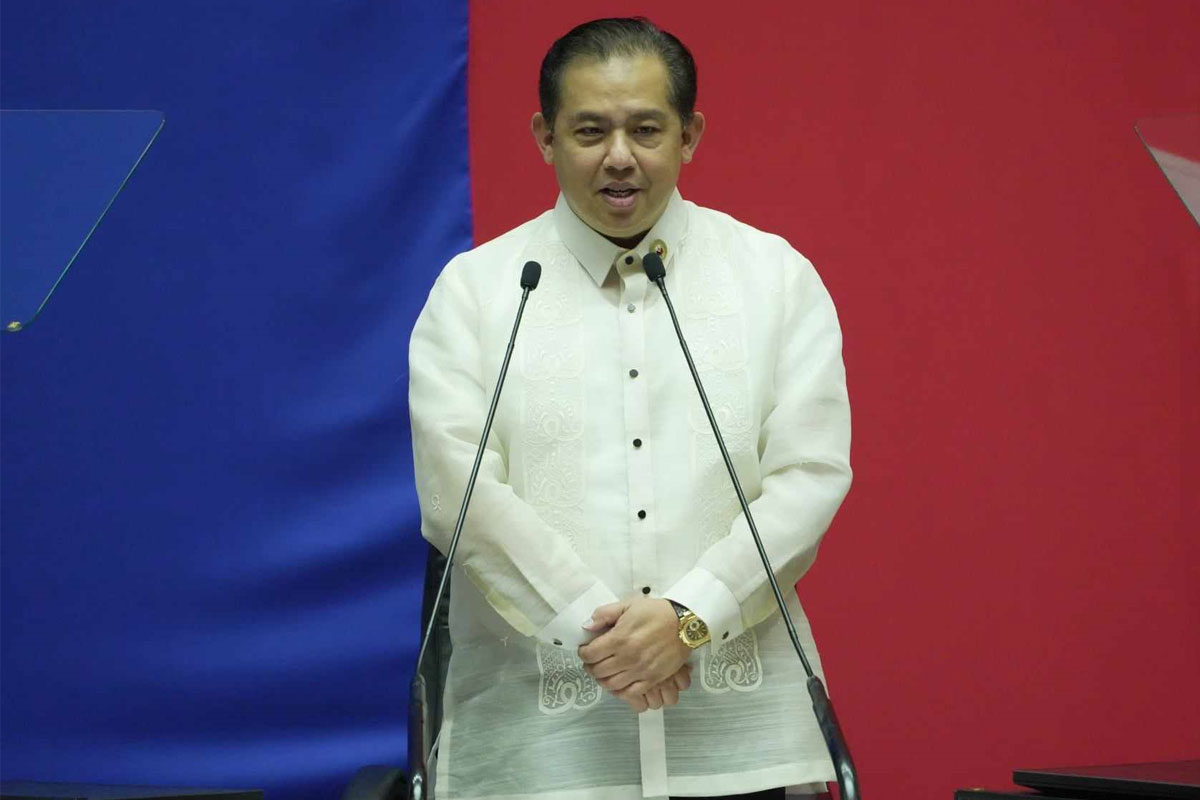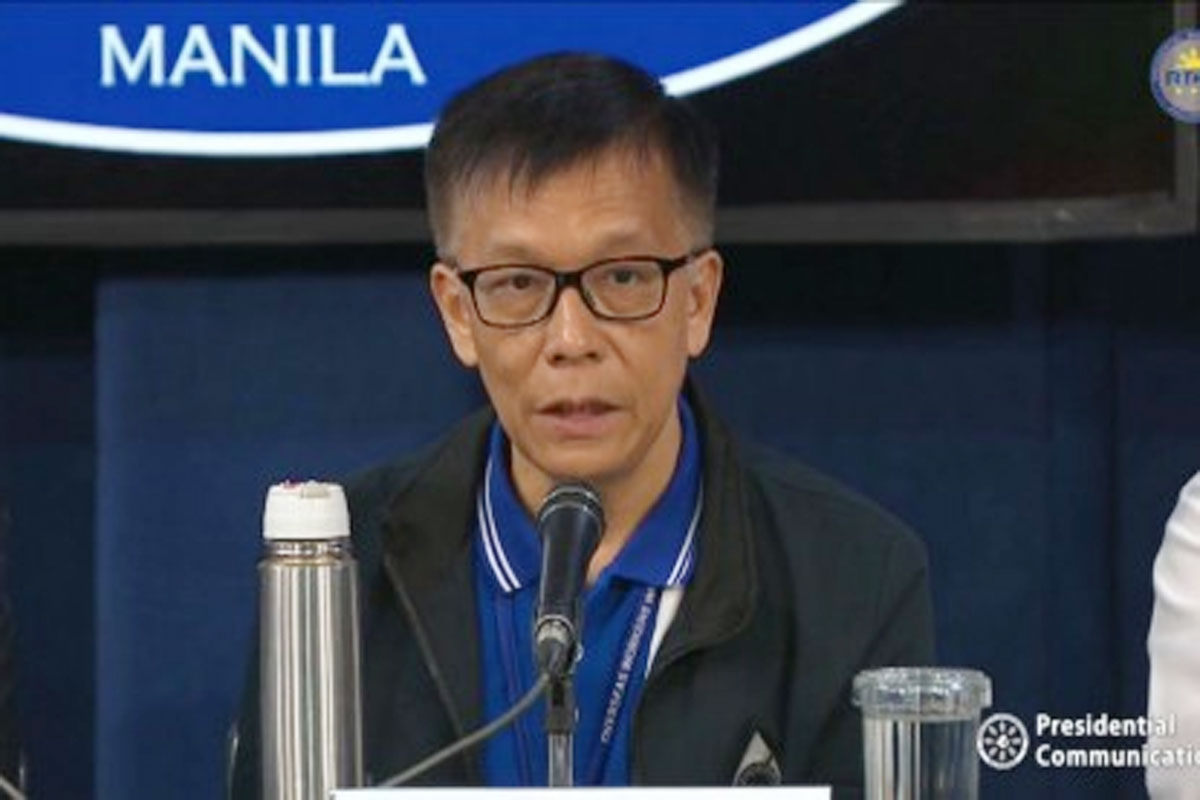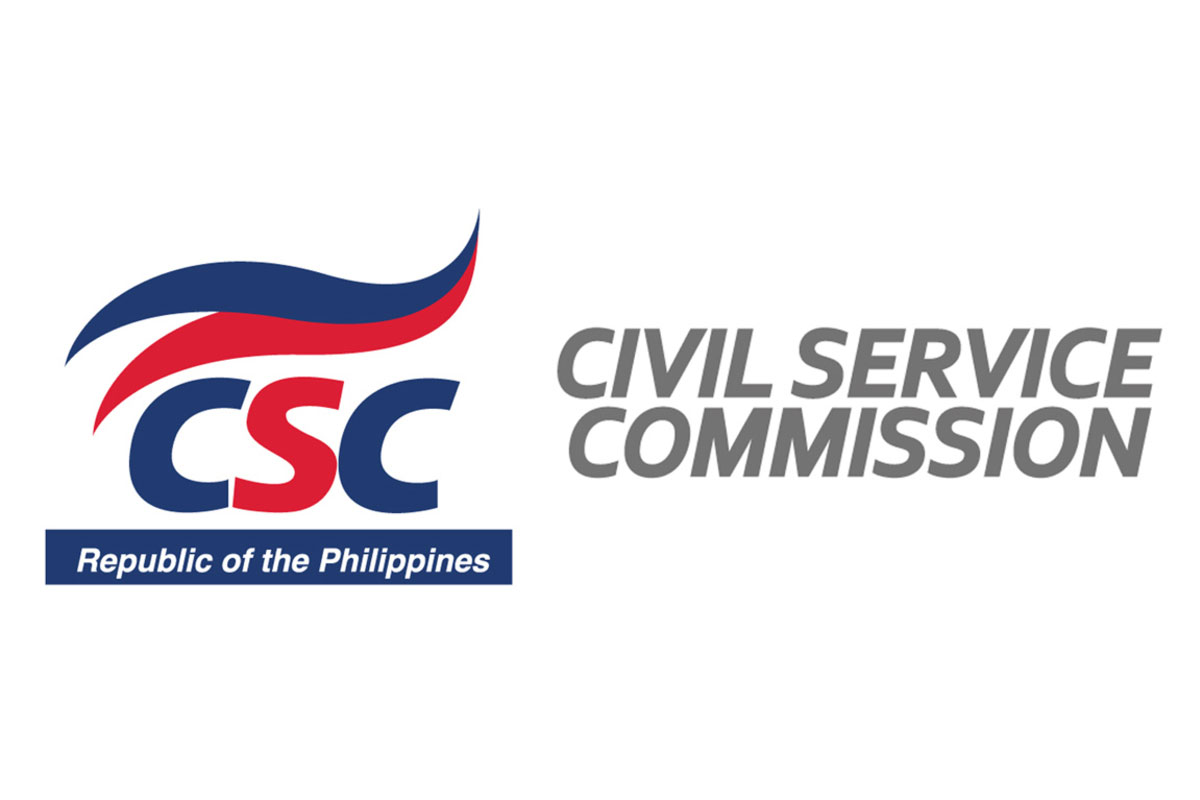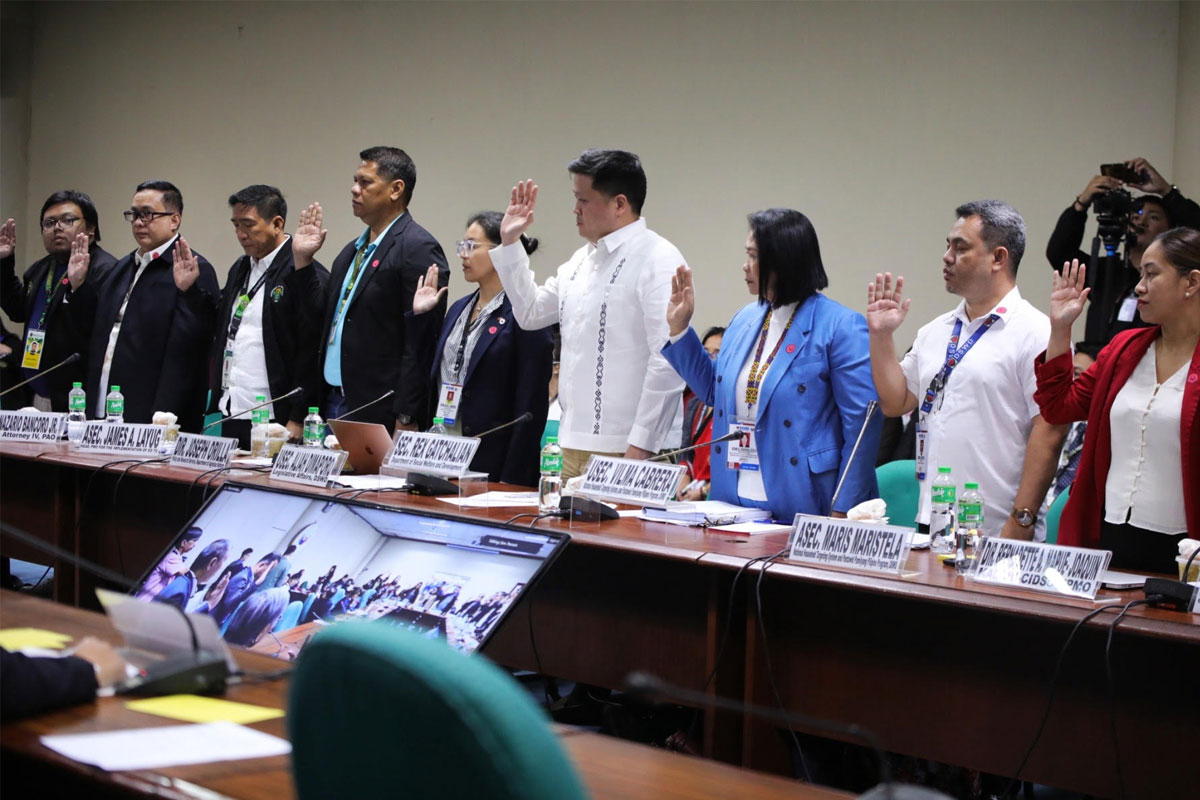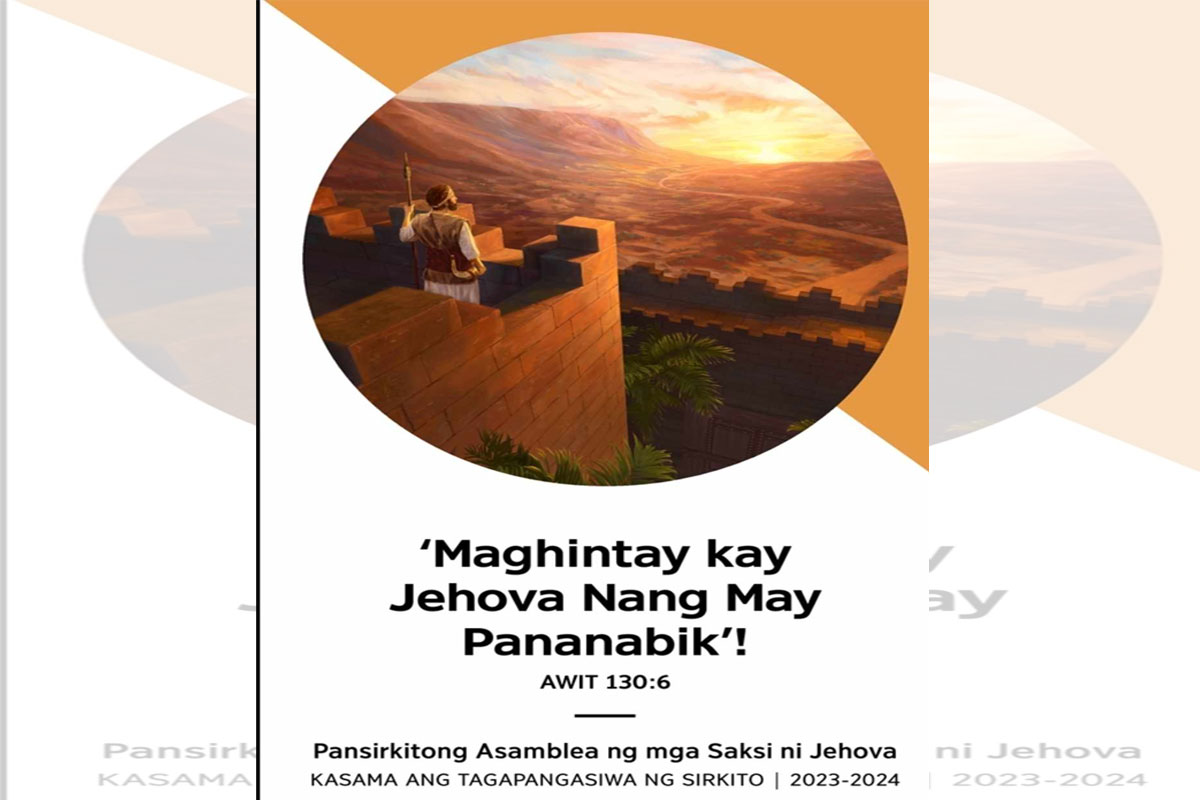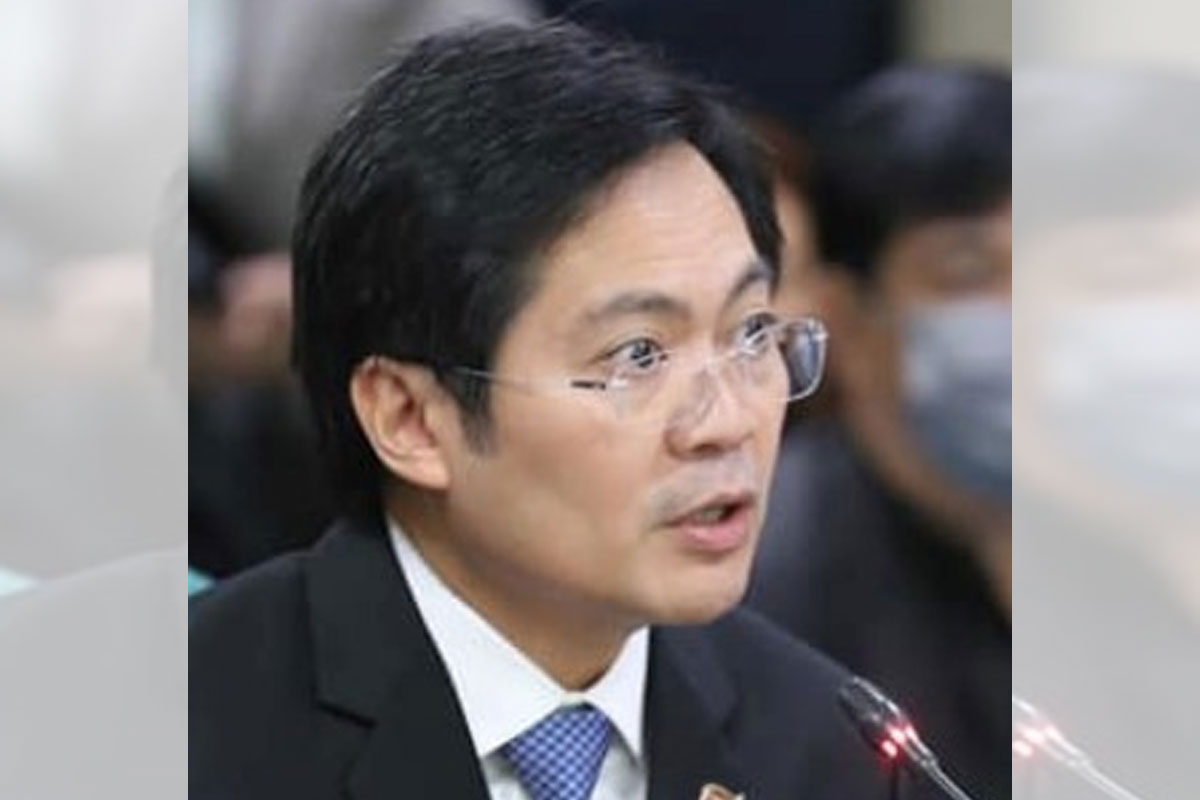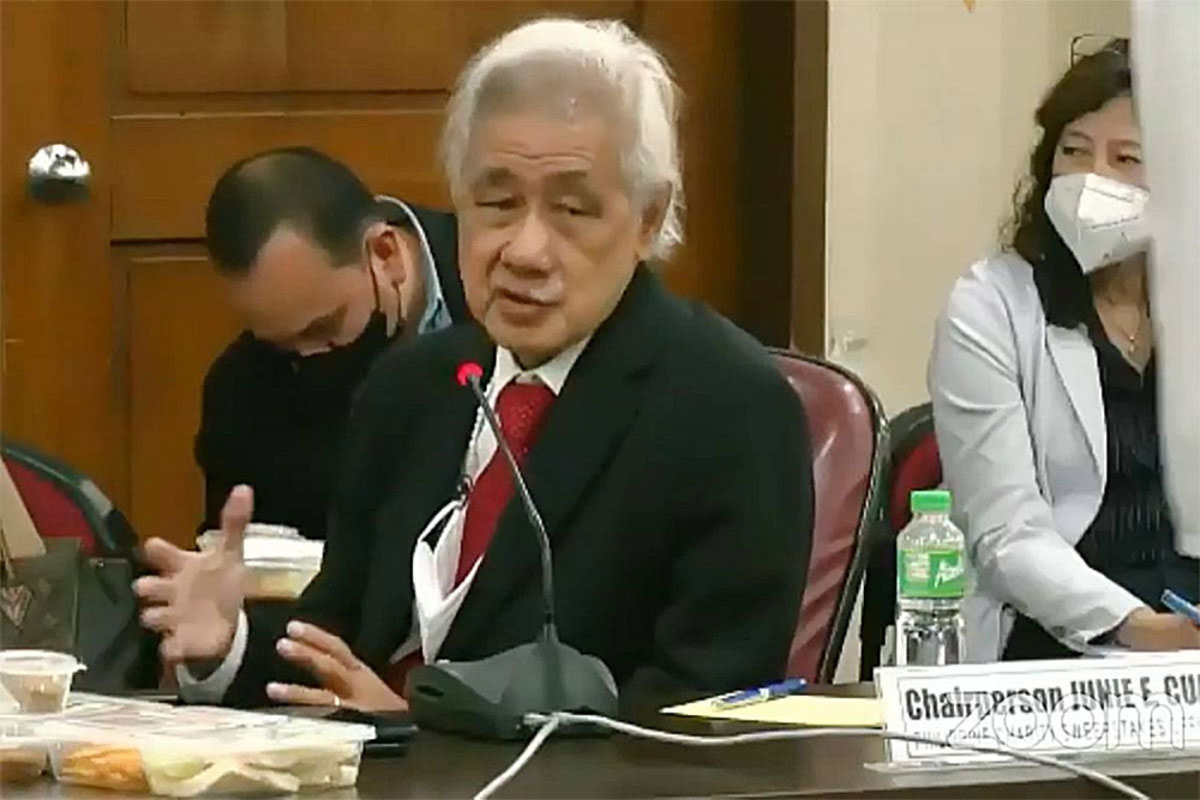
Cua: Lower DST tax rate could raise P2B in PCSO contribution to UHC
THE Philippine Charity Sweepstakes Office (PCSO) could have up to an additional P2 billion to help more indigent Filipinos through higher contributions to the Universal Health Care (UHC) if the agency’s documentary stamp (DST) tax rate will be lowered to 10 percent.
This was stressed by PCSO chairman Junie E. Cua during a recent hearing by the Senate Committee on Health and Demography, as he highlighted the agency’s advocacy of boosting funds for the government’s social programs, especially on health.
According to Cua, lowering the DST rate to 10 percent, from the current 20 percent, would hike PCSO’s contributions by 170 percent, from a projected P1.25 billion to almost P3.4 billion, this year.
“You will note that the ability of PCSO to contribute to the UHC program is the fact that we need to pay 20 percent of our receipts by way of Documentary Stamp Tax and this runs into tens of billions. Our advocacy right now is, if we can be allowed by Congress to reduce our DST obligation, tataas yung aming contribution sa UHC. So ang projection namin, kung 10 percent lang ang aming Documentary Stamp Tax, ang aming contribution ay aabot ng P3.3 billion; at kung 5 percent lang, aabutin yan ng P4.4 billion,” Cua told senators when asked how the PCSO can contribute further to the UHC.
The P2 billion in added contributions can fund 769,230 hemodialysis sessions for indigent diabetic patients considering that the Philippine Health Insurance Corporation (PhilHealth) coverage rate per session is P2,600.
The same amount can also help 125,000 indigent patients with severe dengue, with PhilHealth covering P16,000 per case.
Cua said this is among the reasons why the PCSO is currently lobbying Congress for the decrease in the DST rate imposed on gross retail receipts.
The PCSO is also pushing for Congress to amend its Charter to rationalize its revenue allocations to further reduce the burden on the Charity Fund.
“Both initiatives, if approved by Congress, would result to an increase in the agency’s contribution to UHC that would ultimately benefit the public in terms of realizing an improved benefit packages being offered by the government through PhilHealth,” Cua said.
PCSO is one of the fund sources for the implementation of the UHC law, with 40 percent of its “net Charity Fund” to be allocated to the Philippine Health Insurance Corporation (PhilHealth) for the UHC this year.
In its presentation to the Senate, the PCSO is projecting a P53.23 billion in total retail receipts for 2023. With this, the agency has to pay about P10.65 billion (20 percent of retail receipts) in DST.
Meanwhile, the charity fund allocation is 30 percent of the total receipts, or around PHP 15.65 billion, which is used to pay the DST, mandatory contributions, and other charity-related expenses of the PCSO.
Thus, the projected net charity fund is only around P3.133 billion, 40 percent of which, or P1.25 billion, will be allocated to the UHC.
According to the PCSO, if the DST is lowered to 10 percent, the projected net charity fund is projected to increase to P8,455,788,962.61. At this rate, the resulting UHC share will then increase to P3,382,315,585.05 – or an increase of 169.9 percent as Cua said.
Lowering the DST rate further to 5 percent will increase the net charity fund to P11.1 billion, resulting to a P 4.45-billion allocation to the UHC, or a 254.86 percent increase from the original computation at 20 percent DST.
Since October 2019 to December 2022, the PCSO has released a total of P2.7 billion as its contribution to the UHC Act.
The PCSO, under the Office of the President, is the principal government agency for raising and providing funds for health programs, medical assistance and services, and charities of national character through the conduct of sweepstakes horse races, lotteries and similar activities.












